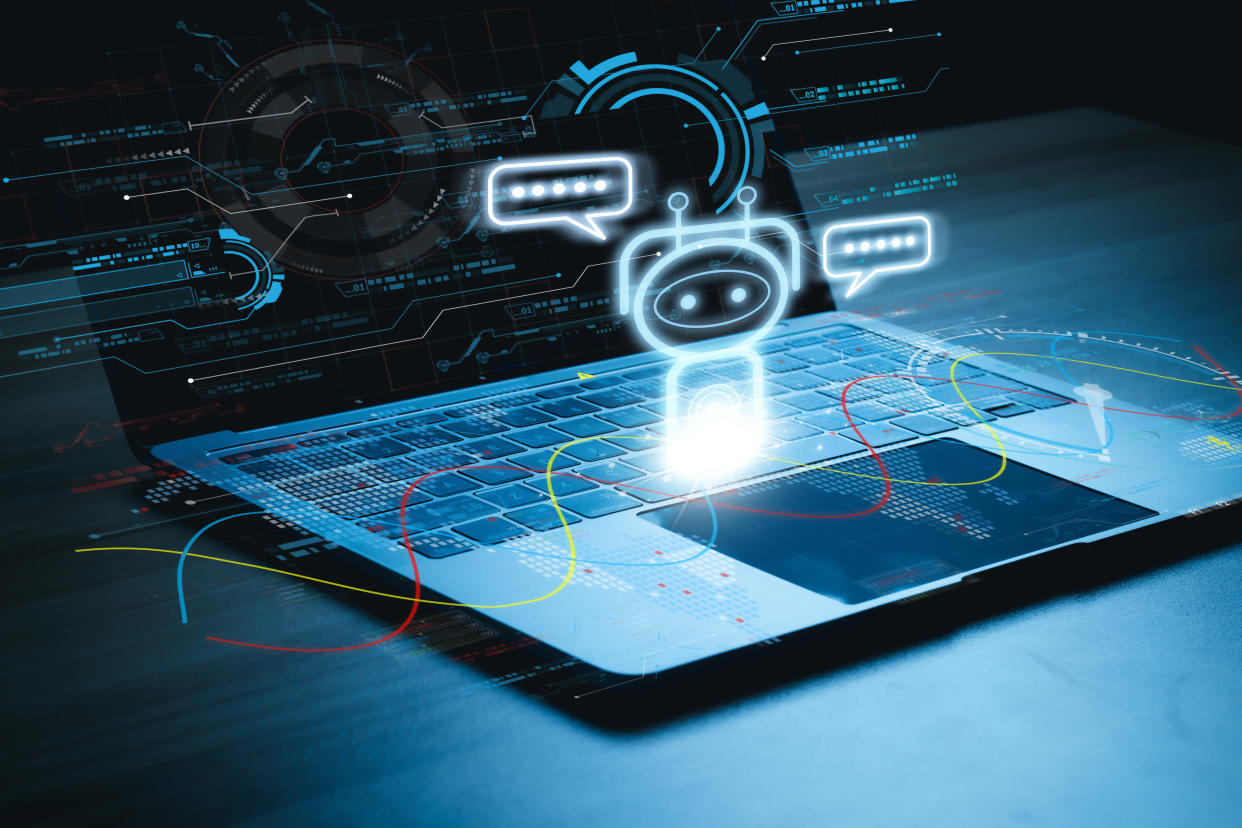Share This Article
AI technology is advancing rapidly, and the latest innovation is chatbots designed to mimic human-like thinking. These advanced models analyze context, respond more naturally, and engage in deeper, more meaningful conversations. While they don’t truly “think” like humans, their ability to process information and generate responses feels more intuitive than ever before.
By using complex neural networks and improved language models, these AI-powered chatbots can predict user needs and provide highly relevant answers. Businesses are integrating them into customer service, healthcare, and education, offering users an experience that feels more personal and efficient.
However, as these chatbots become more human-like, ethical concerns arise. Transparency is crucial—users should always know when they’re interacting with AI. The technology must also be developed responsibly to prevent misinformation and bias from influencing conversations.
Despite these challenges, AI-driven chatbots are set to redefine digital interactions. With ongoing research and refinement, they will continue to evolve, making them an essential tool across industries. The future of AI is no longer just about automation—it’s about creating systems that communicate in a way that feels almost human.



